Introduction
- Proteinase K Characteristics:
- Stable serine protease with broad substrate specificity.
- Degrades many proteins in the native state even in the presence of detergents.
- Not activated by metal ions, chelating agents (e.g., EDTA), sulfhydryl reagents, or trypsin or chymotrypsin inhibitors.
- Stable over a wide pH range (4-12.5), with optimal activity at pH 6.5–9.5.
- Activity can be stimulated by denaturing agents (e.g., SDS and Urea).
- Rapid denaturation occurs at temperatures above 70°C.
- Autolysis increases at alkaline pH, but some enzyme fragments maintain complete proteolytic activity even after extensive autolysis.
- Applications:
- Frequently used in molecular biology to digest unwanted proteins, such as nucleases in DNA or RNA preparations.
- Typically used at 50–200 μg/ml in nucleic acid preparations.
- Optimal conditions: pH 7.5-8.0 and 37-55°C.
- Incubation times vary from 30 minutes to 18 hours.
Specifications
| Features | Specifications |
| Molecular Weight | 29.3kDa |
| Isoelectric Point | 8.9 |
| Appearance | White lyophilized powder |
| Purity | 95% (SDS-PAGE analysis) |
| Specific activity | ≥34 Units/mg protein |
| Temperature characteristic | The effective activity temperature is 37-70°C, and the enzyme activity at 65°C is twice that at 25°C. |
| PH characteristics | 4.0-12.0, the optimum range is ph7.5-11.5 |
| Preservation Conditions | It is recommended to store at -20°C to ensure its stability to the greatest extent (normal temperature transportation or storage will not reduce enzyme activity). The shelf life is up to 3 years at -20°C and 2 years at 2~8°C. |
| Usage method | Prepare 20mg/ml with the solution, add proteinase K to the digestive solution or lysate until the final concentration is 50-200ug/ml, and incubate at 55~70°C. Proteinase K after reaction can be removed or inactivated by magnetic bead method, column method or phenol-chloroform extraction. Protease K can be inactivated by incubation at 95°C for 3 minutes or 70°C for 15 minutes. |
| Nucleic acid residue detection | Qubit did not detect Human DNA contamination not detected (real-time PCR) Bacterial DNA contamination not detected (16S universal primer PCR, 30 cycles) Fungal DNA contamination not detected (ITS Primer PCR) |
| Nuclease detection | DNase not detected RNase not detected Nickase not detected |
| Recommended application | Nucleic acid extraction, circulating DNA extraction, virus nucleic acid extraction |
Advantages
- Not including RNase, DNase, and Nickase
- No nucleic acid residue (not detected by Qubit after extracting the whole 100mg protein K)
- No human-source DNA contamination (not detected by Q-PCR)
- No bacterial DNA contamination (not detected by 16S universal primer)
- No fungal DNA contamination (not detected by 1TS universal primer)
- Can be transported and valid for two years at normal temperature in a dry environment.
- Can be used for highly sensitive free DNA extraction, virus nucleic acid extraction, whole blood DNA extraction, etc.
Ordering information
| Contents | C12100 | C12101 | C12102 | PDB-1000 |
| Proteinase K, Lyophilizate, >30 units/mg of protein | 1 g | 10 g | 100 g | |
| Buffer PDB (20mM Tris, pH 7.5, 10mM CaCl2, 50% glycerol, 0.1% Preservatives) | 1000 ml |
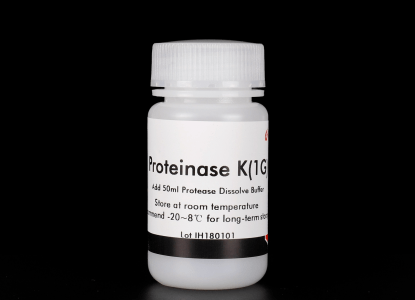
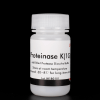
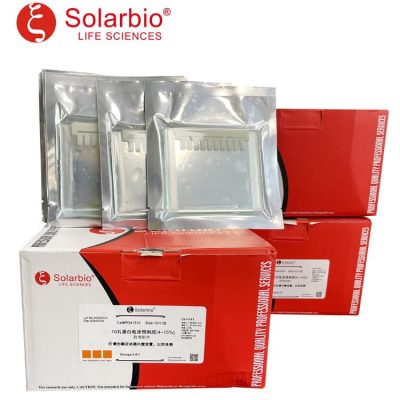
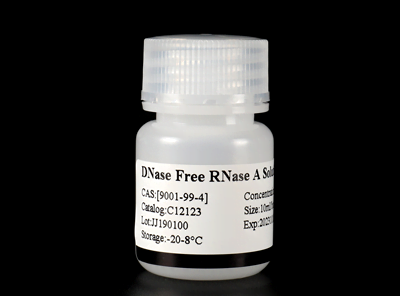
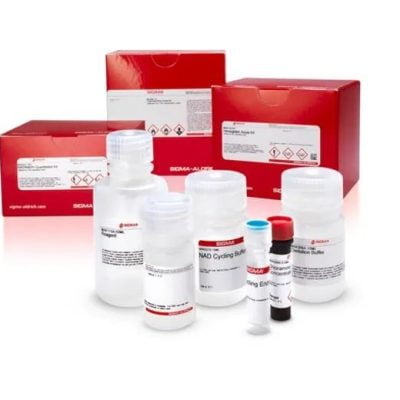
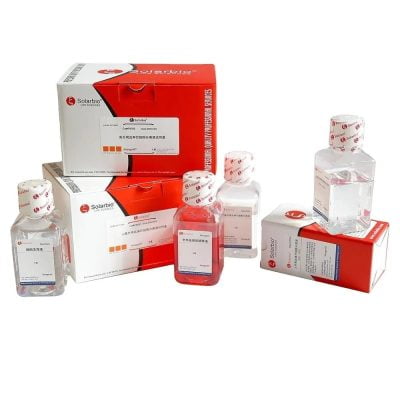
Reviews
There are no reviews yet.